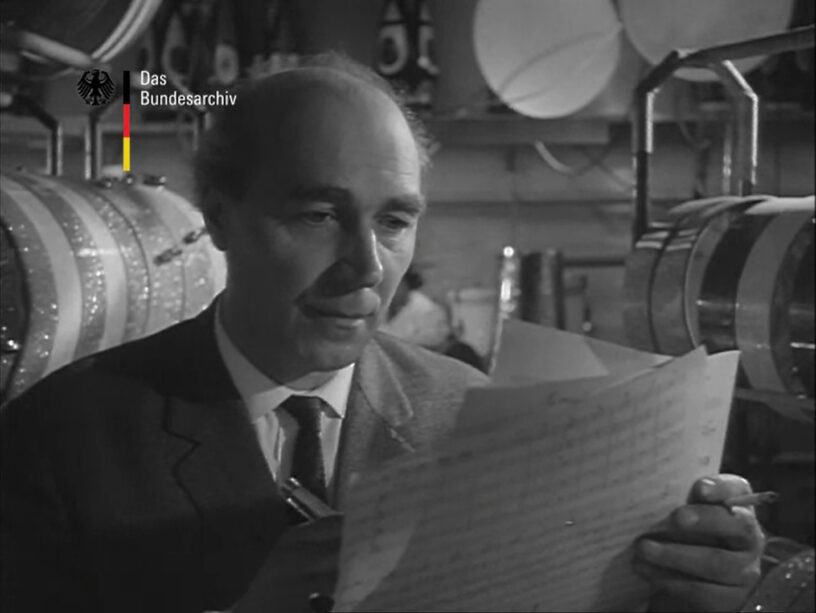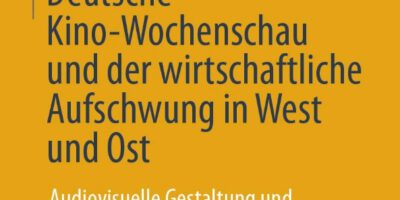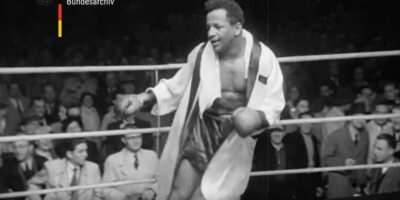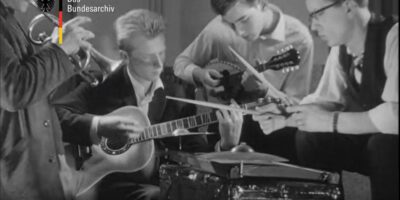Music in newsreels as a special genre
Library music and its role in film and beyond is often overlooked. The need for suitable music for the various situations in a film led to the first institutions being set up in 1909, and library music became a field of activity for film composers. A particularly lucrative source of income was composing for cinema newsreels, which produced around ten individual reports a week. Library music had to be universal, but also express the zeitgeist of the decade, influenced by various sound sources and offering opportunities for experimentation.
Gerhard Trede was born in 1913 and his personal freedom served as the foundation for his creative work, while emphasizing the importance of good teachers and an academic background in comparative musicology. During the Second World War, he was a bandleader who devoted himself to jazz, serving the needs of the American occupying forces. He was an excellent networker and acquired musical instruments from around the world, which he incorporated into his compositions. Trede’s story is exemplary for German film composers who flourished in the late 1950s during the cinema boom and the establishment of television in the 1960s. He became the house composer for the newsreel company Deutsche Wochenschau GmbH in Hamburg (see Ufa-Wochenschau No. 142 from 14 April 1959) and was a pioneer in the use of Hammond organs, synthesizers, sampling, and other musical trends. Trede’s melodies are still remembered today and remain popular as production music for international TV documentaries and series.
I question the power of film composers over the musical subconscious of audiences in post-war Germany and today, as music students in Hamburg create new sounds from Trede’s pieces in the concert hall. The paper includes rare research material, autobiographical audio material and some of Trede’s correspondence with an American TV producer about music for educational programmes, analysed for the first time.
Is the contribution interesting for a conference contribution?
Let me know!
Leave a reply – make a comment!




Schreibe eine Antwort